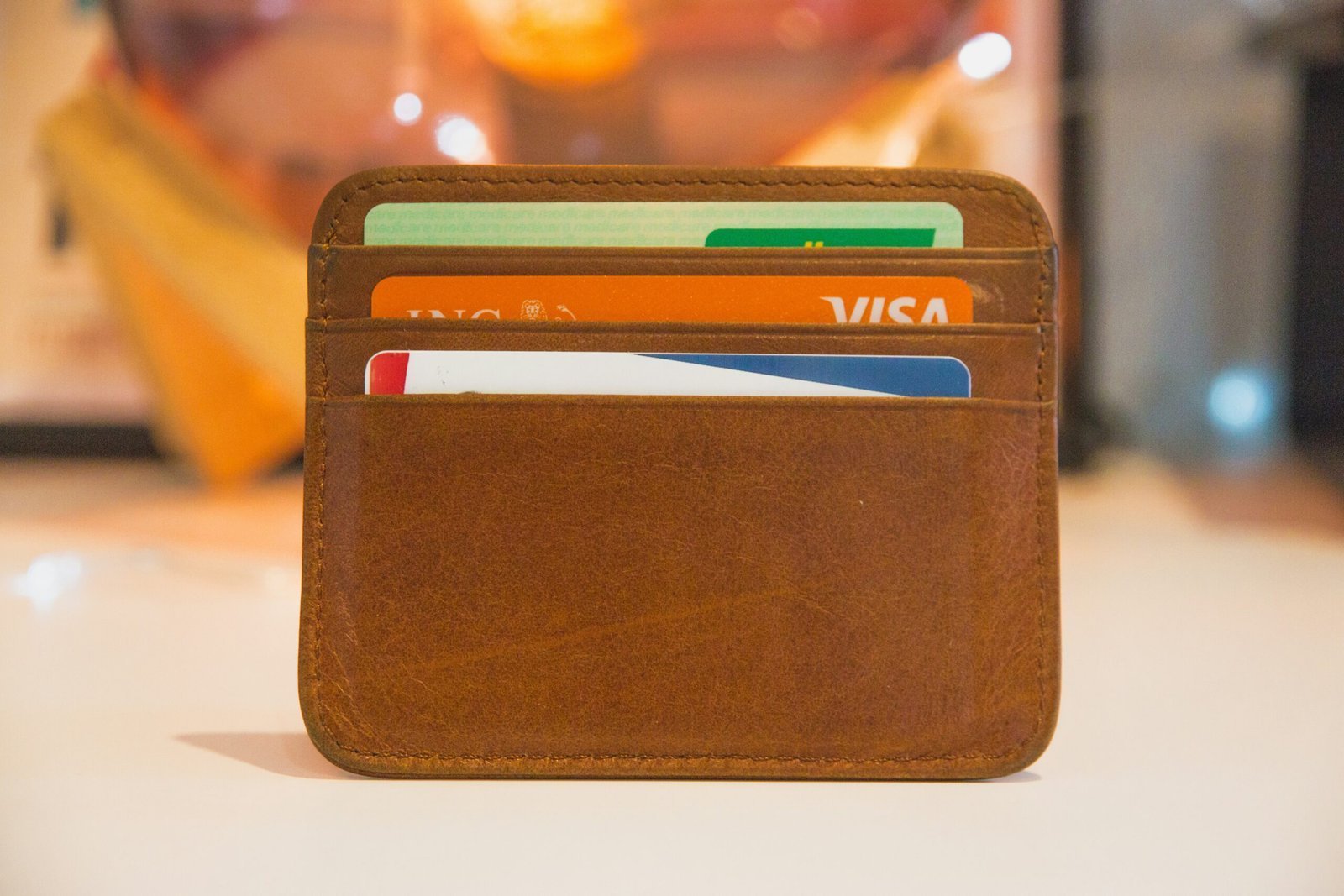The Difference Between Debit Cards and Credit Cards


Debit Cards vs Credit Cards
One of the main differences between debit cards and credit cards is how they work. Debit cards are linked directly to your bank account, and when you make a purchase, the money is immediately deducted from your account. On the other hand, credit cards allow you to borrow money from the card issuer up to a certain credit limit. When you make a purchase with a credit card, you are essentially taking out a loan from the card issuer, and you will need to pay back the borrowed amount, along with any interest or fees, at a later date.
Impact on Credit Score
Another difference between debit cards and credit cards is the way they affect your credit score. Since debit cards are linked to your bank account and do not involve borrowing money, they do not have any impact on your credit score. However, credit cards can have a significant impact on your credit score, both positively and negatively. When used responsibly, credit cards can help you build a positive credit history and improve your credit score. On the other hand, if you use your credit cards irresponsibly and accumulate a large amount of debt, it can negatively impact your credit score.
Advantages and Disadvantages
When it comes to advantages and disadvantages, debit cards have the advantage of allowing you to only spend the money you have. This can help you avoid overspending and accumulating debt. Additionally, debit cards are widely accepted and can be used for online purchases, in-store transactions, and even ATM withdrawals. However, one disadvantage of debit cards is that they do not offer the same level of fraud protection as credit cards. If your debit card is lost or stolen, it can be more difficult to recover your funds compared to a credit card.
On the other hand, credit cards offer several advantages. They provide a convenient way to make purchases, especially for larger expenses. Credit cards also offer rewards programs, such as cashback or travel rewards, which can be beneficial if you use your card responsibly. Additionally, credit cards offer better fraud protection compared to debit cards. If your credit card is lost or stolen, you can report it to the card issuer, and you will not be held responsible for any unauthorized charges. However, one major disadvantage of credit cards is the potential for high-interest rates and fees if you carry a balance or make late payments.
Choosing the Right Payment Method
Choosing the right payment method depends on your personal financial situation and spending habits. If you prefer to only spend the money you have and want to avoid debt, a debit card may be the better option for you. On the other hand, if you want the flexibility of borrowing money and the potential for rewards, a credit card may be more suitable. It’s important to consider your financial goals and responsibilities before making a decision.
Rewards and Benefits
Another key difference between debit cards and credit cards is the rewards and benefits that come with each. Credit cards often offer rewards programs, such as cash back, travel points, or discounts on certain purchases. These rewards can be earned based on the amount you spend using the credit card. Some credit cards also come with additional benefits, such as purchase protection, extended warranties, or travel insurance.
Debit cards, on the other hand, typically do not offer rewards programs or additional benefits. While some banks may offer limited rewards for using their debit cards, they are generally not as lucrative as the rewards offered by credit cards. This is because debit cards are directly linked to your bank account and do not involve borrowing money.
Liability for Fraudulent Charges
When it comes to fraudulent charges, debit cards and credit cards offer different levels of protection. With a credit card, you are generally not liable for any unauthorized charges made on your account. If you report the fraudulent activity in a timely manner, the credit card issuer will investigate the charges and remove them from your account. In contrast, if your debit card is used fraudulently, you may be liable for a portion of the charges, depending on when you report the activity.
However, it’s important to note that both debit cards and credit cards offer some level of protection against fraud. Most banks and credit card issuers have policies in place to protect their customers from unauthorized transactions. It’s always a good idea to review your bank or credit card statement regularly and report any suspicious activity as soon as possible.
Current Financial Situation
Another important factor to consider when choosing between a debit card and a credit card is your current financial situation. If you have a stable income and are able to cover your expenses without relying on credit, a debit card may be sufficient for your needs. This can help you avoid the temptation of overspending and accumulating debt.
However, if you find yourself in a situation where you need access to additional funds, such as during an emergency or unexpected expense, a credit card can provide you with the necessary flexibility. It can act as a safety net, allowing you to make necessary purchases even if you don’t have the cash readily available.
Credit History
If you are looking to build or improve your credit history, a credit card can be a valuable tool. By using your credit card responsibly and making timely payments, you can establish a positive credit history, which can be beneficial when applying for loans or mortgages in the future.
On the other hand, if you have a poor credit history or have had difficulties managing credit in the past, a debit card may be a safer option. Since a debit card is linked directly to your bank account, it doesn’t involve borrowing money and won’t impact your credit score.


